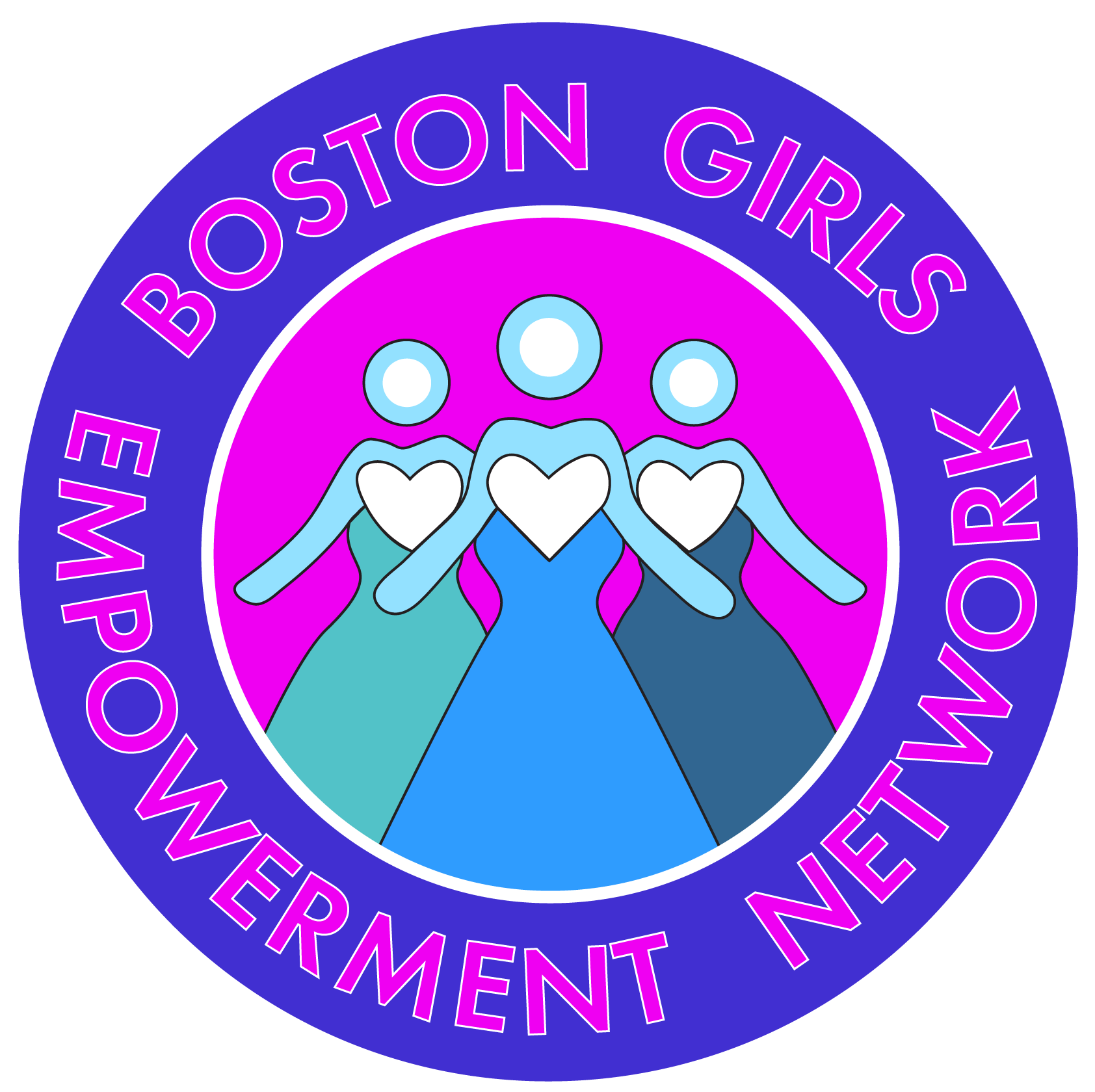Caribbean Breeze
Caribbean Breeze caresses my skin as I disembark on the tropical shores of the region twice per year - I am home, in body and spirit. This place is sacred and encapsulates my history, identity and culture. These shores are the purveyors of potent Afro-Caribbean culture, Creole people and tongues of all variety, a dark history of slavery and unparalleled brutality, sugar cane plantations and rum factories, pirate ports, rebellions and epic battles for freedom, unrestrained feminine power, amazing social contradictions, cool masculinity, tourist havens, and are still very unknowable.
I journey to the Caribbean annually to meditate and rebalance, to attend raucous reggae and soca festivals, to sit with the Rastafarian Elders at the river and "hold a reason", to build on my historical knowledge and to teach my child his rich Afro and Indo Caribbean heritage. When I am on these tropical shores, I am at once enamored, conflicted, deeply connected, entertained, curious, angered and sometimes bewildered. The loaded Caribbean breeze holds stories that an outsider cannot easily discern; so subtle are the tales they tell annually.
Caribbean Breeze tells tales of formidable women, with whom you should not trifle, who occupy roles of susu keeper, priestess, healer, warrior and mystic. These women lead with astonishing covert power, and have done so for centuries. Hailing from the Akan, Ashanti, Twi, Fulani, Igbo, Uruba, Coromante and Dahomey peoples of West Africa; women have served in primary social roles, which are only reserved for men in other societies. Grandmothers and mothers are worshipped as sages, who can answer questions only posed to God, cook meals that restore balance and joy with every spoonful, teach children how to skillfully navigate the world through proverbs and ancient practices; and as custodians of our culture, carry the vibrant West African heritage into another century.
Caribbean Breeze speaks in hush tones of the female sex tourists that come from America, England, Canada and Germany to engage in weeklong dalliances with muscular Afro-Caribbean men. They come seeking sexual excitement, a deeper connection to humanity, and an escape from being "white paragons of virtue", frowned upon for dating outside their race in their home countries. They offer money, green cards and "a better life" to men who are often unavailable but desperately seeking economic refuge from their tropical abode.
Caribbean Breeze whispers about the subtle colorism that emanates from the "brown buffer class" of Creoles whose entire claim to wealth and respect hails from their close proximity to whiteness. Simultaneously enjoying economic privilege and suffering a degree of social isolation, they are the great grandchildren of white men who owned female slaves and took sexual advantage of their foremothers. This fact slides away in the warm breeze when they speak of their heritage, which they jealously guard. They carefully mention their forefathers origins and then selectively forget to mention the roots of their foremothers. The preservation of this identity is critical to their very survival, and any attempt to further dilute their European ancestry with more African blood is met with stout resistance by the women of their clan.
Caribbean Breeze carries the sound of the Kette drums beaten by Rastafarians, a sect that is reviled for not conforming to the social expectations and norms of British colonial conditioning. Promoting African pride, natural living and shunning materialism; they are the voices of Black consciousness. As such, they are not afraid to condemn the social and political wrong-doings of their society as the "works of Babylon". This Babylon is the representation of all things evil and socially unjust towards people of African heritage, regionally and abroad. Their unique culture is now synonymous with Reggae music and marijuana; but the real message behind their identity is often missed or dismissed, as the obscure ramblings of outcasts.
Caribbean Breeze takes hold of me each time I go home, and transports me to the past of my ancestors, the presence of tourists, the lingering impact of colonialism, and the serenity of Rasta meditation. It is a familiar but ever shifting breeze, which keeps me returning for more.
About Nickey Nesbeth
Nickey Nesbeth is the Founder and Executive Director of The Boston Girls' Empowerment Network (BGEN), a citywide network established to create growth opportunities for women and girl serving organizations. Her work focuses on 4 primary areas: advocacy, capacity building, collaboration and grassroots leadership development. With over 20 years of experience in human service and education, she has designed 12 programs to serve immigrants and refugees, at-risk youth, women and girls of color and directs 2 nonprofit organizations. She also trains service professionals around cultural diversity and gender specific issues, mentors grassroots leaders of color, and collaborates with a wide range of community and municipal agencies to address critical community needs.
